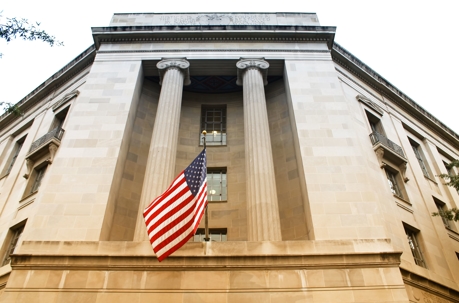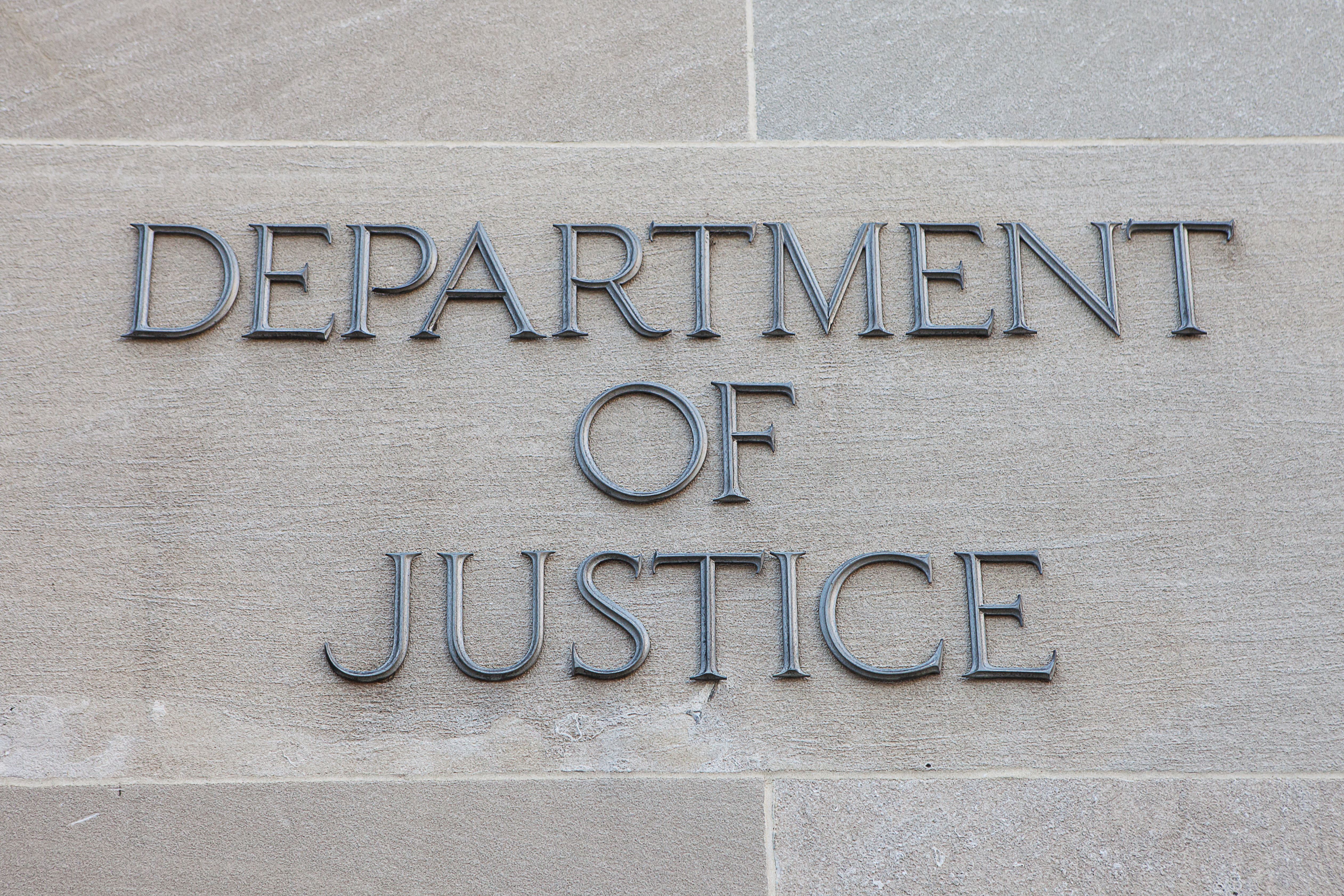DOJ Releases a Voluntary Self-Disclosure Policy for Corporations
R Tamara de Silva
The U.S. Department of Justice (DOJ) released its corporate Voluntary Self-Disclosure Policy (VSD Policy) on February 22, 2023, which aims to encourage companies to voluntarily report employee or agent misconduct to the DOJ in a timely manner. This policy supersedes the revised Corporate Enforcement and Voluntary Self-Disclosure Policy (CEP) that was issued in January 2023. The VSD Policy applies to all United States Attorney's Offices (USAOs) and is immediately effective.
The VSD Policy applies to matters covered under the Foreign Corrupt Practices Act (FCPA) and also all other federal criminal statutes.
In making the VSD policy, the DOJ seeks to establish a uniform, nationwide approach to handling voluntary self-disclosures across all USAOs- to prevent disparate resolutions and treatment. The Policy's objective, is also to offer companies and their legal representatives "transparency and predictability" about the consequences of self-disclosure, so they know what to anticipate after making a voluntary self-disclosure.
To qualify as a voluntary self-disclosure, the pertinent USAO will assess each disclosure on a case-by-case basis -at its sole discretion. The VSD Policy outlines principles for the USAO's analysis, including three essential requirements:
- that the self-disclosure is truly voluntary and made without preexisting regulatory reporting obligation, a contractual reporting requirement or prior DOJ deferred prosecution or non-prosecution agreement;
- that the disclosure must be timely and made prior to an imminent threat of disclosure or government investigation, prior to public disclosure, and within a reasonably prompt time after the company becomes aware of the misconduct;
- that the disclosure include all pertinent details about the misconduct known of at the time. The disclosing company may indicate that the disclosure is based on a preliminary investigation or assessment of information. If the company conducts an internal investigation, it is required to provide factual updates. The company must also act to preserve all evidence.
If the USAO determines that a company meets the VSD standard, the USAO will not seek a guilty plea, provided that the company fully cooperates and appropriately remedies the criminal conduct. The USAO may also choose to seek a lower criminal penalty or decline all criminal penalties.
There must however not be any aggravating factors. Aggravating factors that could prompt the USAO to pursue a guilty plea may include misconduct that: poses a severe risk to national security, public health, or the environment; is extensively pervasive within the organization; or involves the current executive management of the company.
The existence of an aggravating factor does not automatically imply the need for a guilty plea. The USAO may recommend a 50% to 75% reduction to the low end of the U.S. Sentencing Guidelines and may decline to require the appointment of a monitor if it is deemed that the company has a sufficient compliance program. The company will still be required to pay all disgorgement, forfeiture, and restitution resulting from the misconduct.
The VSD Policy provides prosecutors with greater latitude in: declining to impose criminal penalties; managing companies with a history of misconduct (corporate recidivists); and pursuing reduced penalties for companies that satisfy the VSD standards.
On the flip side, there is substantial room for interpretation in the DOJ’s application of this greater discretion. For example there is room for interpretation on what constitutes several of the terms involved including what will be deemed, “full cooperation,” what constitutes “all relevant information,” or when a company could have been expected to know of the wrongdoing to satisfy the timeliness criteria.
What the DOJ guidelines suggest is that if a company decides to pursue the potential benefits of self-disclosure, it do so expeditiously even though this may conflict with the time needed for a company to complete a thorough investigation and determine if its management is involved (an aggravating factor).
R Tamara de Silva


